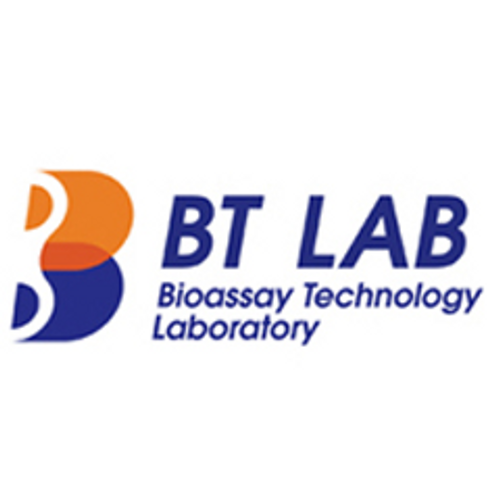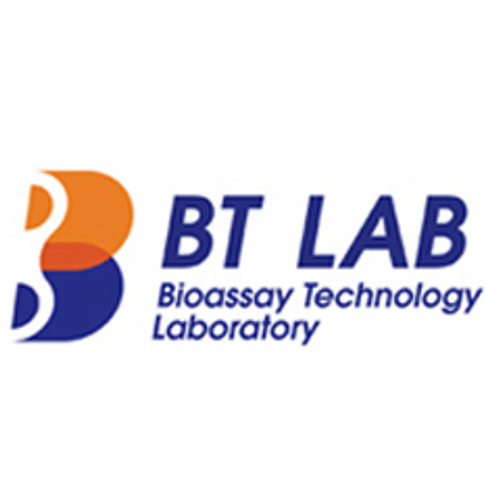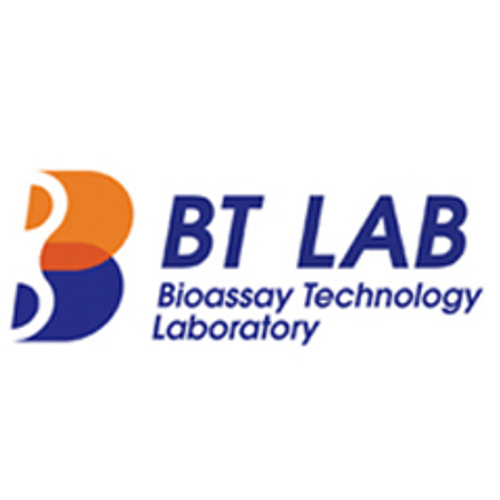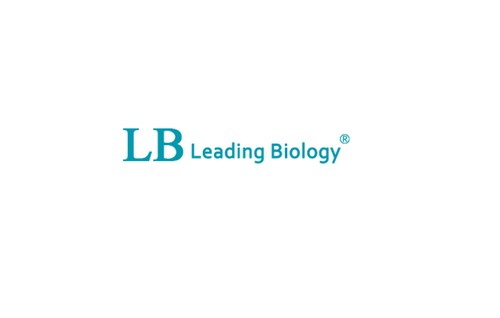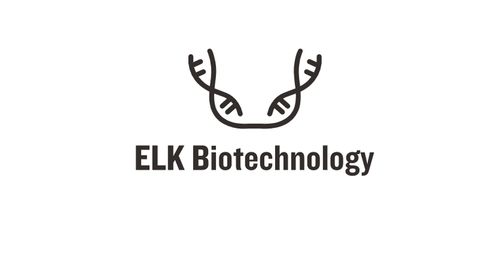Product Description
Pig Cyclic guanosine monophosphate (cGMP) ELISA Kit | AE61457PI | Abebio
Species Reactivity: Pig (Sus scrofa; Porcine)
Abbreviation: cGMP
Alternative Name: N/A
Application: ELISA
Range: 123.5-10000 pg/mL
Sensitivity: 45.2 pg/mL
Intra-Assay: ≤5.6%
Inter-Assay: ≤9.7%
Recovery: 1
Sample Type: Serum, Plasma, Other biological fluids
Detection Method: Sandwich
Analysis Method : Quantitive
Test Principale: This assay employs a two-site sandwich ELISA to quantitate cGMP in samples. An antibody specific for cGMP has been pre-coated onto a microplate. Standards and samples are pipetted into the wells and anycGMP present is bound by the immobilized antibody. After removing any unbound substances, a biotin-conjugated antibody specific for cGMP is added to the wells. After washing, Streptavidin conjugated Horseradish Peroxidase (HRP) is added to the wells. Following a wash to remove any unbound avidin-enzyme reagent, a substrate solution is added to the wells and color develops in proportion to the amount of cGMP bound in the initial step. The color development is stopped and the intensity of the color is measured.
Product Overview: cGMP is a multi-functional second messenger molecule. It is generated via two pathways distinguished by the types of Guanylyl Cyclase (GC) that mediate its conversion from guanosine triphosphate (GTP) . In the soluble pathway, cGMP is generated via cytoplasmic nitric oxide (NO) -activated GC. GCs in the particulate pathway share some homology with those activated by NO but are transmembrane proteins with extracellular ligand-binding domains. The ligands for a subset of membrane GCs are members of the Natriuretic Peptide (NP) hormone family including Atrial NP hormone, B-type NP hormone, and C-type NP hormone.cGMP primarily affects cellular activities through four different pathways. These include cGMP-dependent Protein Kinases (PKG/GK), cyclic nucleotide-gated (CNG) channels, cAMP-dependent Protein Kinase (PKA), and Phosphodiesterases.PKGs (PKG I and PKG II) are serine/threonine kinases activated by cGMP.
Stability: The stability of ELISA kit is determined by the loss rate of activity. The loss rate of this kit is less than 5% within the expiration date under appropriate storage condition. The loss rate was determined by accelerated thermal degradation test. Keep the kit at 37°C for 4 and 7 days, and compare O.D.values of the kit kept at 37°C with that of at recommended temperature. (referring from China Biological Products Standard, which was calculated by the Arrhenius equation. For ELISA kit, 4 days storage at 37°C can be considered as 6 months at 2 - 8°C, which means 7 days at 37°C equaling 12 months at 2 - 8°C) .
 Euro
Euro
 USD
USD
 British Pound
British Pound
 NULL
NULL






